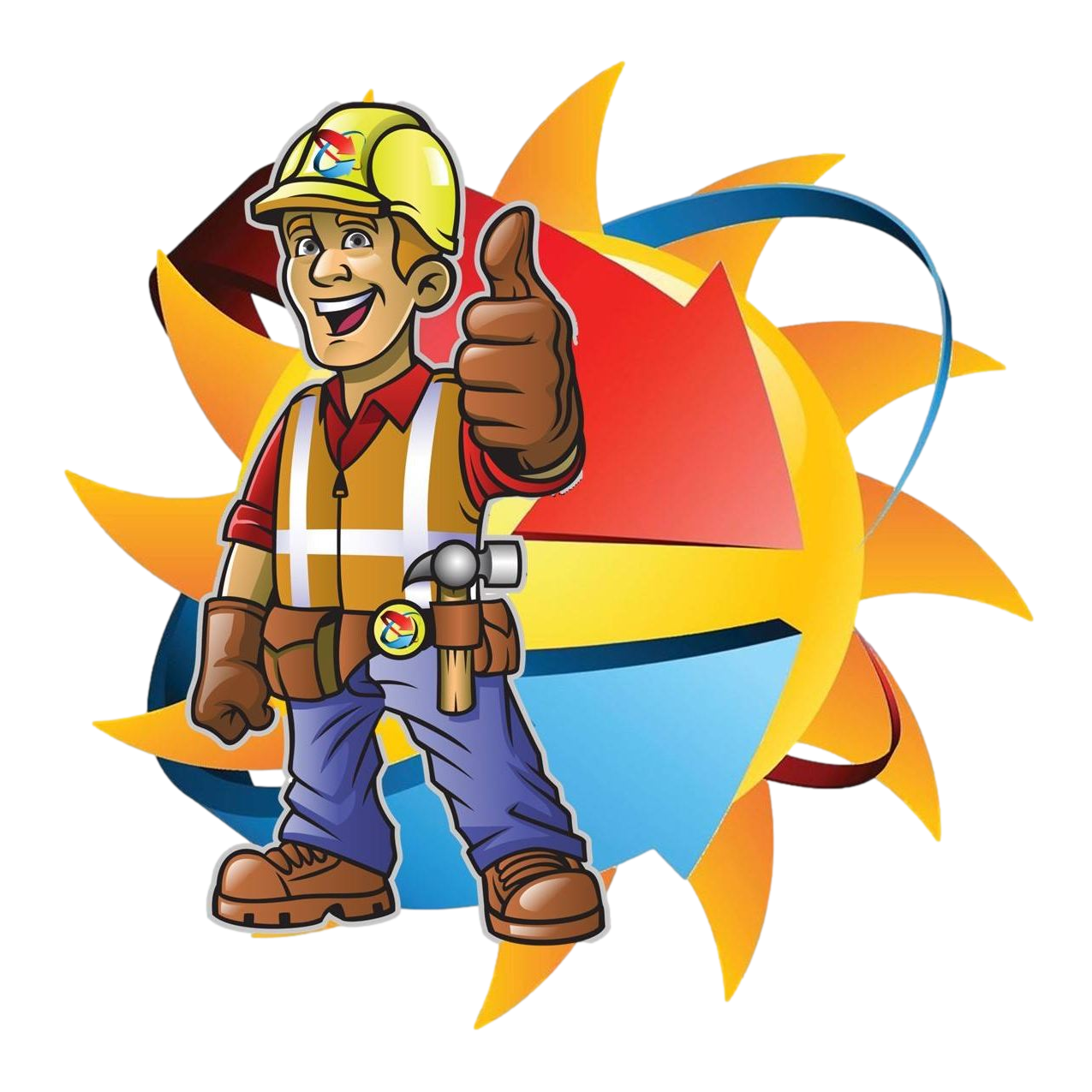Pool Heaters
Pool Heaters are one of the household appliances that most homeowners don’t think about till they stop working. The fact is, pool heaters are just like your home’s heat pump or furnace, and need maintenance too! For just $25.00, Pro Solutions Air will do a pool heater checkup if we are already at your home servicing your HVAC system.
Pool heater maintenance is especially nice because we can usually see if a part is getting ready to break due to wear, and do the pool heater repair before you want to use your pool heater on that cold night, and it doesn’t work. Imagine getting ready to get into that hot spa only to be freezing from the outdoor cold temperatures, and step into a freezing bubbling spa instead!
Pool Heater repairs are not a problem for Pro Solutions Air. Pool Heater repair experts are just a phone call away.
623.229.4389

Pool heaters are devices designed to raise the water temperature in swimming pools, allowing for comfortable swimming and extended use of the pool beyond the typical summer season. These heaters are essential for maintaining a consistent and comfortable water temperature, especially in regions with cooler climates. Here are the key components and types of pool heaters:
Components of Pool Heaters:
- Heat Source: The heat source is the primary component responsible for heating the pool water. There are different types of heat sources, including electric resistance heaters, heat pumps, and gas heaters (propane or natural gas).
- Heat Exchanger: In gas heaters, a heat exchanger is used to transfer heat from the combustion chamber to the pool water. This process heats the water before returning it to the pool.
- Control Panel: Pool heaters come with a control panel or thermostat that allows users to set and regulate the desired water temperature.
- Pump and Plumbing: Pool heaters are connected to the pool’s circulation system, and a pump is used to circulate water through the heater and back into the pool.
- Safety Features: Modern pool heaters incorporate safety features like temperature limits, pressure switches, and automatic shutoff mechanisms to ensure safe operation.
Types of Pool Heaters:
- Electric Resistance Heaters:
- These heaters use electric heating elements to generate heat. They are relatively simple and can be installed in smaller pools or spas. However, they are less energy-efficient than other types of heaters and may have higher operating costs.
- Heat Pumps:
- Heat pumps are energy-efficient pool heaters that extract heat from the air and transfer it to the pool water. They are ideal for moderate to warm climates and provide cost-effective heating over an extended season.
- Gas Heaters:
- Gas heaters, fueled by either propane or natural gas, are capable of quickly heating pool water to the desired temperature. They are suitable for both residential and commercial pools and work well in cold climates.
Factors to Consider When Choosing a Pool Heater:
- Climate: The climate in your area plays a significant role in determining the type of pool heater that will be most efficient and cost-effective. Heat pumps are suitable for mild climates, while gas heaters are better for colder regions.
- Pool Size: The size of your pool affects the heater’s capacity requirements. Larger pools may need more powerful heaters to achieve and maintain the desired temperature.
- Energy Efficiency: Consider the long-term operating costs of the heater. Heat pumps are generally more energy-efficient, but the upfront cost can be higher than gas heaters.
- Installation and Maintenance: Installation costs and ongoing maintenance requirements should also be factored into your decision. Gas heaters may have lower installation costs but higher fuel expenses.
- Environmental Impact: Heat pumps are more environmentally friendly than gas heaters, as they produce fewer greenhouse gas emissions.
- Budget: Determine your budget for both the initial purchase and ongoing operational costs, as well as maintenance.
- Heating Speed: Gas heaters can heat the pool quickly, making them suitable for occasional or on-demand heating.
Ultimately, the choice of a pool heater should align with your specific needs, budget, and environmental considerations. Proper sizing, installation, and maintenance are crucial to ensuring your pool heater operates efficiently and extends your swimming season.
